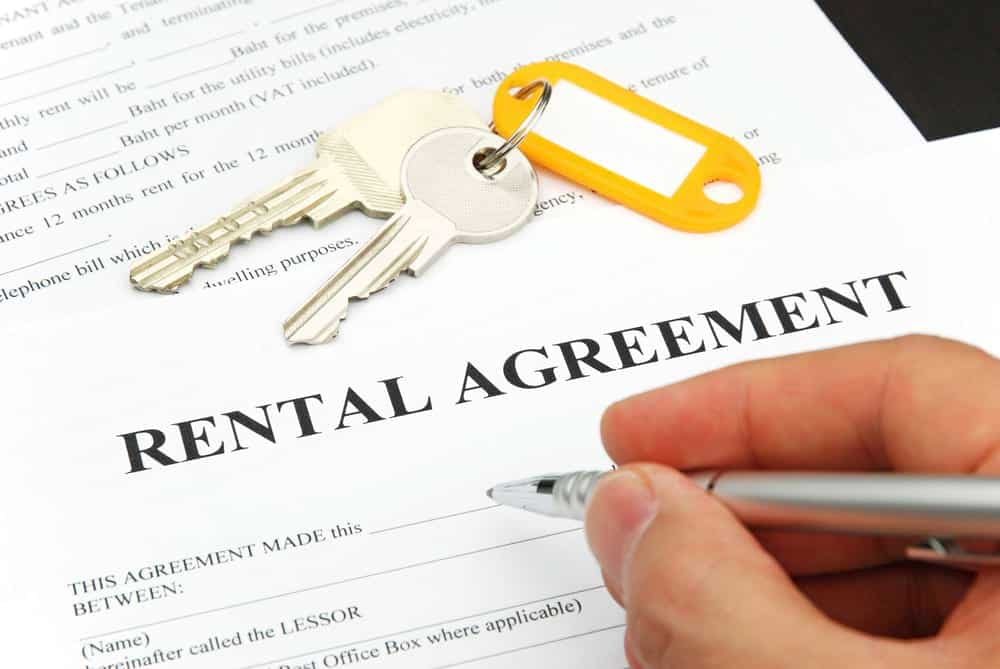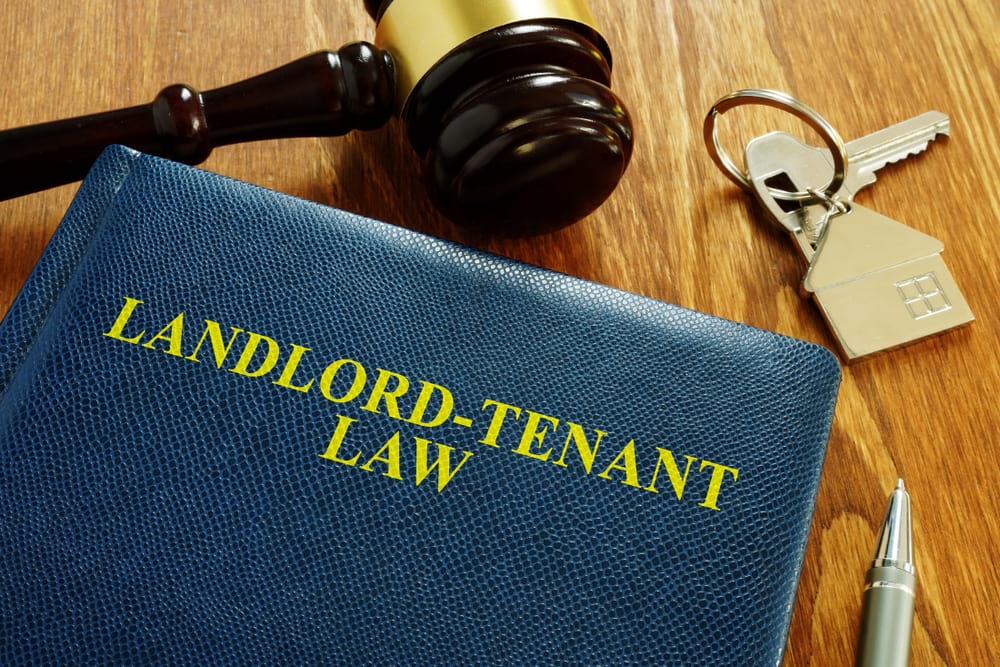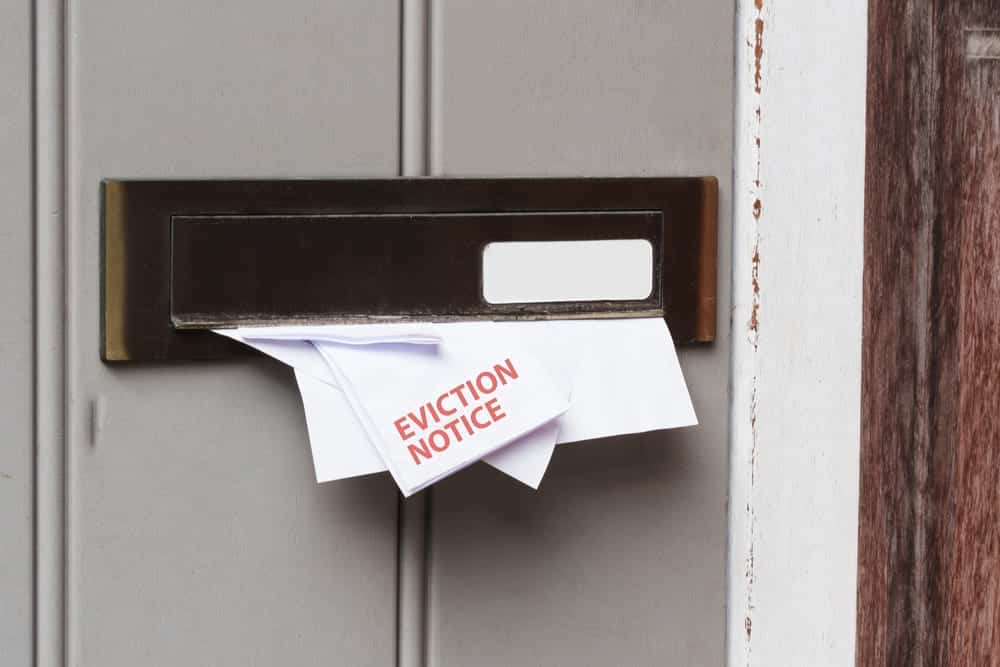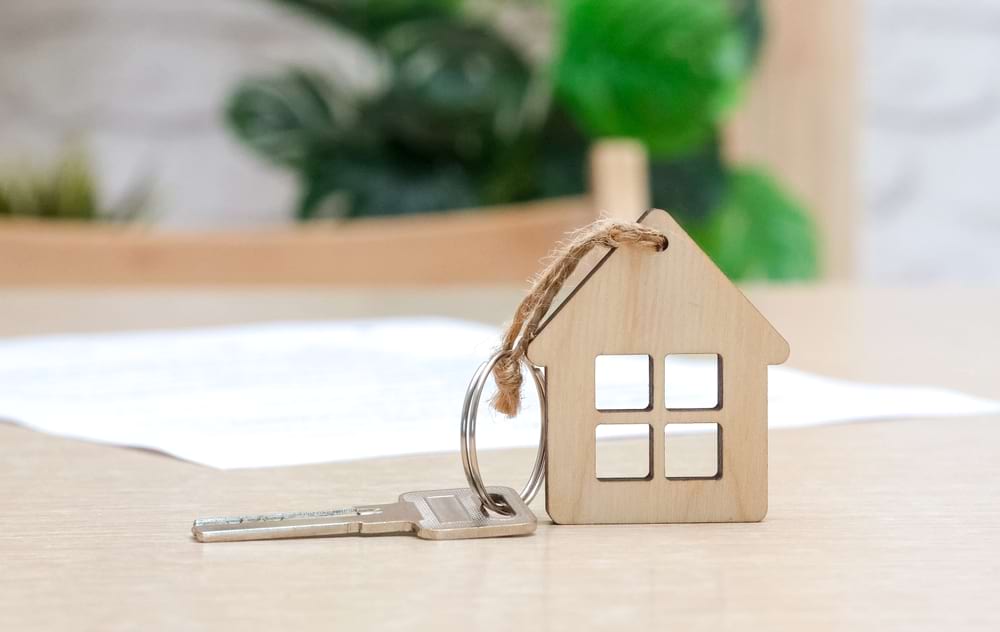In 2024, a London landlord discovered their tenant was subletting their flat for over £46,000 per year more than they rented it for.
Two years earlier, another landlord discovered evidence of serious criminal activities and £150,000 worth of damage in their property.
These are extreme cases, but as a landlord, you want to let your property out to good tenants.
Requesting certain information can help you establish the likelihood of this.
Read on for our recommendations on what to request from potential tenants.
What is screening a tenant?
Screening a tenant involves speaking to all applicants and deciding if they’re viable candidates.
You’ll ask questions that give you all vital information about the person (or people). This helps you to:
- Reduce the likelihood of future problems
- Look at their past rental history
- Understand who they are and how they’re likely to behave
- Narrow down dozens of candidates into a few of the most suitable ones.
You have a far higher likelihood of a successful tenancy when you screen applicants beforehand.
You can pay an estate agent or letting agency to do this. It might be time-consuming, but it’s almost always worthwhile in the long run.
Here’s a list of all the key things you should request from potential tenants.
Information to request from potential tenants
1. Proof of ID
Proof of identification is arguably the most important thing you should get from potential tenants – it is your legal responsibility as a landlord.
You need to ensure they have a valid form of ID, such as a passport or a driving license.
2. Employment status
It’s only natural to be interested in your potential tenant’s employment status. You have a right to ask them about this.
You should find out what they do for a living and whether it provides secure employment.
For example, you might prefer someone employed at a large organisation long-term to someone with a few months old start-up.
3. Proof of income
Once you decide how much rent you’ll charge a tenant, you must determine if each candidate can afford it.
Proof of income allows you to do this. Examples might include:
- Bank statements
- Pay stubs
- Employment contracts.
You should keep an eye out for anyone who has a fluctuating income.
4. References
It’s tricky to ascertain someone’s character from a short interview. So you should speak to someone who can vouch for a tenant.
Ideally, this will be their former landlord.
Speaking to their employer, friend or family member is not necessarily beneficial. (Good references from these people tend to only focus on positive aspects).
5. Property history and proof of payments
You have a right to ask where the potential tenant is moving from.
As part of this, you must determine whether they’ve been punctual with their rent payments. To do this, you can:
- Speaking to a former landlord
- See a bank statement showing their past payments.
If they’ve been bad at meeting payments in the past, this problem might reappear when they’re renting.
You’re also entitled to ask why the candidate is moving house. You can follow up with questions such as:
- Has their income recently changed due to a redundancy or a promotion?
- Is this property cheaper or more expensive than what they paid before?
Look out for circumstances that raise alarm bells, such as them being evicted by their previous landlord…
6. Details of all people living in the house
You should ask your candidates how many people will live in the property. Follow up with questions such as:
- Which of these individuals are over the age of 18?
- Do they have any pets?
- Do they smoke?
- Do they host loud parties?
It’s essential to gather details about anyone who will be contributing to the rent.
All of these individuals are equally responsible for payments. It only needs one break in the chain for you to not receive your money.
7. Confirmation about the tenancy deposit
Every landlord in the UK has a right to charge an up-front deposit.
It covers any damage done to the house during the tenancy, if that unfortunate event occurs.
Tell your tenant how much the deposit will be. Ask them directly if they’re willing to pay it. It could be a warning sign if they seem reluctant or avoid the subject.
Make sure you clarify how much the deposit will be before you bring up this subject. This gives clarity to both parties during the discussion.
8. Details about pets or smoking
It is essential to consider the future behaviour of tenants.
Two of the most common issues for landlords are:
- Tenants that smoke. While you might not have any personal issue with this, it can sometimes create a foul odour in the property that’s difficult to remove.
- Tenants that keep pets. Pets can be loud and disruptive to neighbours. Some can even be vicious.
Another important question could be whether they listen to loud music. This can cause severe problems for neighbours and even become a police matter.
Potential tenants might not be completely honest, so you might contact a previous landlord to probe further.



















